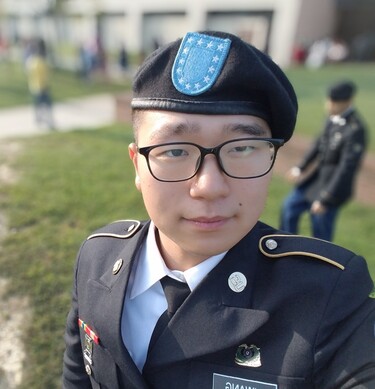Some Thoughts or Pedagogies
- AI and Cryptography: Challenges and Opportunities, by Shafi Goldwasser (Wiki), 2012 Turing Award winner. "Ensure that the power of ML is not abused".
- Software disenchantment. "Windows 95 was 30MB. Today we have web pages heavier than that! Windows 10 is 4GB, which is 133 times as big. But is it 133 times as superior?"
- Advice for pure math undergraduates in UMass Amherst (Archive) by Professor Jenia Tevelev. I believe that his opinions are still valid for applied math students.
- Applying to Ph.D. Programs in Computer Science by Professor Mor Harchol-Balter at CMU. Basically a CS version of Tevelev's post above. If you are thinking of applying to Ph.D. programs in CS, please, do read this first (in fact, multiple times, especially Sections 3.5 and 5).
- Does one have to be a genius to do maths? by Terry Tao (Wiki), 2006 Fields Medalist. "The objective in mathematics is not to obtain the highest ranking, the highest “score”, or the highest number of prizes and awards". If you speak/read Korean, take a look at this webtoon as well.
- Living Proof: Stories of Resilience Along the Mathematical Journey again by Terry Tao. Please read this if you feel incompetent or powerless after an exam (or a semester). Don't be discouraged! There's more to mathematics than grades and exams and methods.
- Math is Personal. In case you do not understand why teachers are often called the engineers of human soul. Learning is very deep and students are too valuable to be just classified using some letters and numerics.
- Why won’t anyone teach me math? I agree that a certain level of difficulty must be maintained in curriculums. However, systemically refusing to help or educate students is not a reasonable method of keeping that standard.
- Having Time for Math by Evan Chen. If you don't have time, then maybe you should make some time!
- The 4 R's of Graduate School by Manuel Blum (Wiki), 1995 Turing Award winner. "Without writing, you are reduced to a finite automaton. With writing you have the extraordinary power of a Turing machine."
- The Inconvenient Truth About Data Science. "Some models are more wrong than others, but all are wrong."
Personal
